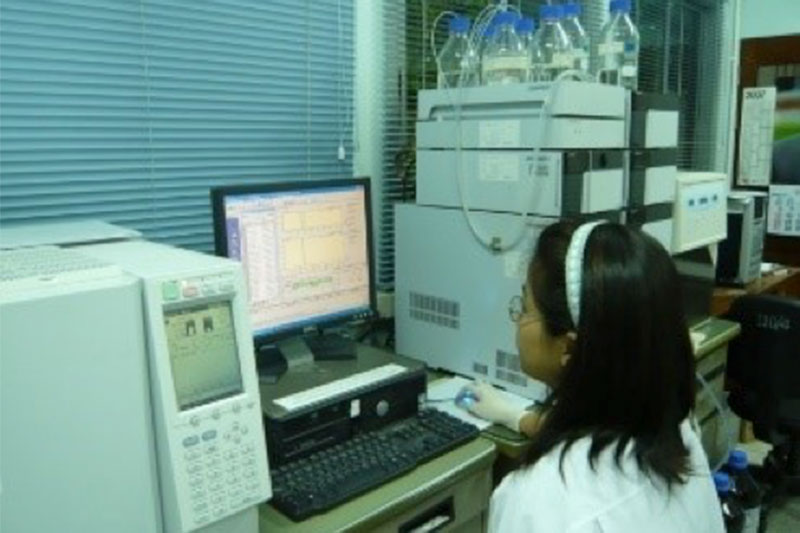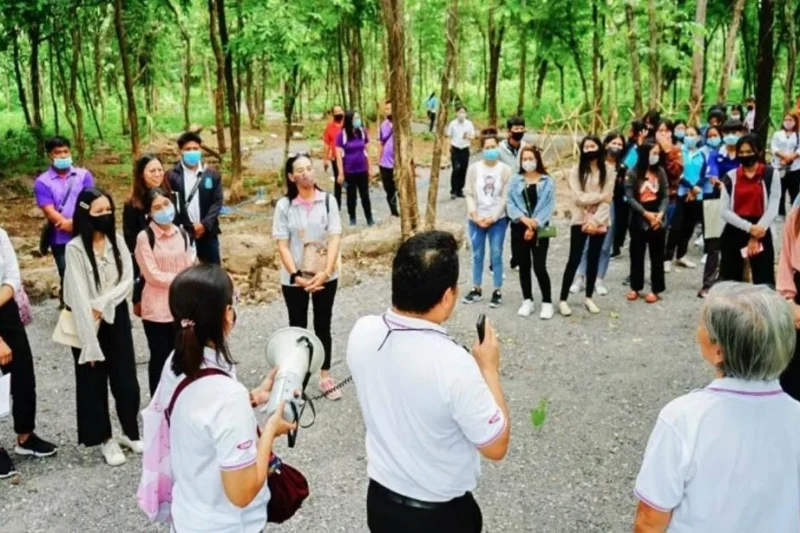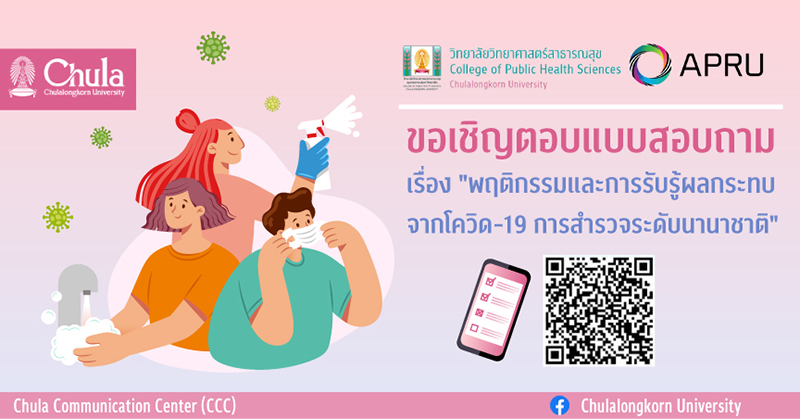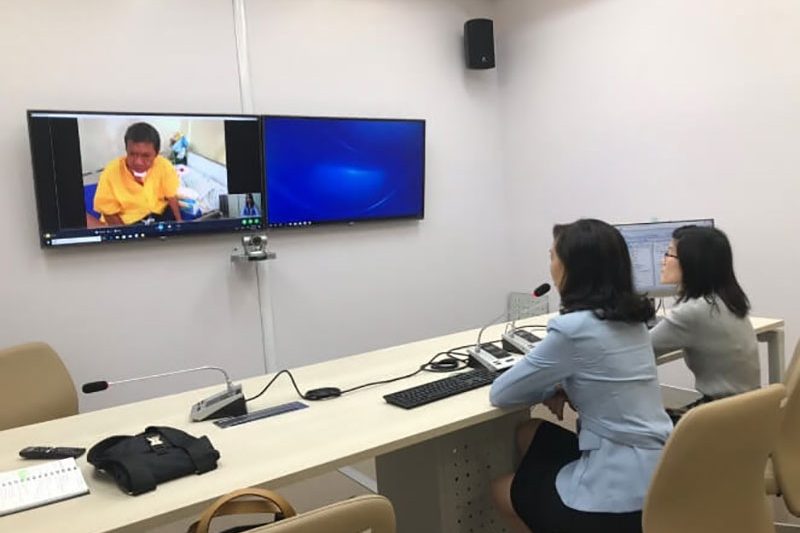Halal Standardization System (HAL-Q) Facilitated with Halal Raw Material Database (H Number) Secures Halal Integrity and Increasing Competitive Advantage of Thailand’s Halal Food Industry
“The Halal Science Center Chulalongkorn University (HSC) develops Halal standardization systems called ‘HAL-Q’ (National awarded in 2013) for Halal food production covering setting-up of critical control points, specific cleansing process, scientific laboratory analysis of contaminants in raw materials/products conflicting to Islamic regulation. High cost of the latter undermines the competitive advantage. HSC therefore developed ‘H number’ or halal raw material database system (National awarded in 2019) from collected data of 193,576 determination making the Halal food industry easier to operate with cost and time reduction in manufacturing process and Halal certification assisting increment of competitive advantage of food products from Thailand in the world market. There are 1,112 industrial factories installed this system covering 158,823 workers. The comprehensive scientific process helps greatly increase in both the export of halal food products to OIC countries and facilitate the industrial development of plant-based food products which require non-meat ingredients.”
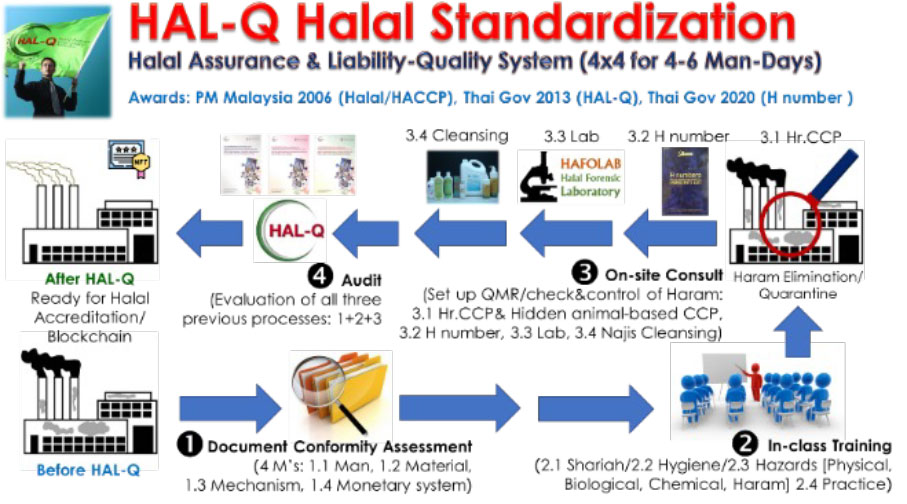
Halal, an Arabic word, means approval for consumption or use. Halal food products complied with Islamic principles are thus essential for 2 billion Muslim consumers worldwide creating a global halal food economy of 1.3 trillion USD annually. Thailand with Muslims of only 5-7% of its population is one of the main countries which export food and agricultural products to 57 OIC member countries creating significant value for the trade sector not less than 6 billion USD per year. As economic competition, halal food becomes more important. Nowadays, Muslim consumers are increasingly concerned about the safety of halal food. The complexity of modern food industry possesses the acquisition of raw materials which has become a major problem resulting in the contamination of some materials whose sources are in conflict with Islamic principles creating problems for Halal certification by Islamic organizations. Such complex contamination has created panic among global consumers from time to time. Such problems have a serious impact on confidence in the quality and safety of Halal food. The Thai government in 2003 foresaw such concern in Muslim countries then as a non-Muslim country, government had a vision of utilization of science and technology called ‘Halal science’ to support the production process of country’s Halal food industry. As a result, the Halal Science Center Chulalongkorn University (HSC) was established. HSC is responsible for developing various scientific processes to prevent such specific contamination. HSC develops Halal standardization systems so called ‘HAL-Q’ or Halal Assurance, Liability-Quality System (National Awarded in 2013) to be installed in Halal food production processes in industrial plants throughout the country. Various mechanisms have been applied to support the implementation of the system, including the establishment of critical control points for religious prohibitions as well as utilizing specific cleansing procedure together with scientific laboratory analysis to detect contaminants which conflict to religious regulation. The latter mechanism results in the high cost of setting up such a standardization system through the use of scientific laboratories which undermine the competitiveness of Halal food products. Therefore developed a halal raw material database system called ‘H number’ or Halal number (National Awarded in 2019) by taking advantage of the results of laboratory inspections for 193,576 samples of raw materials and products over past decades to create database of halal raw material table which helps make the Halal food industry easier to operate with reduction of costs and time in the production process as well as in Halal certification by Islamic organizations. This developed procedure assists increment of competitive advantage of food products from Thailand in the world market, benefiting the entire business sector, Industrial and agricultural sectors of the country. There are 1,112 industrial factories that have installed this system over the past decade, covering 158,823 workers. These comprehensive scientific processes help increase the export of halal food products from Thailand to OIC which exhibit positive impact on the food and agricultural industries of the country as a whole meanwhile help facilitate the development in plant-based food industry which require non-meat ingredients.
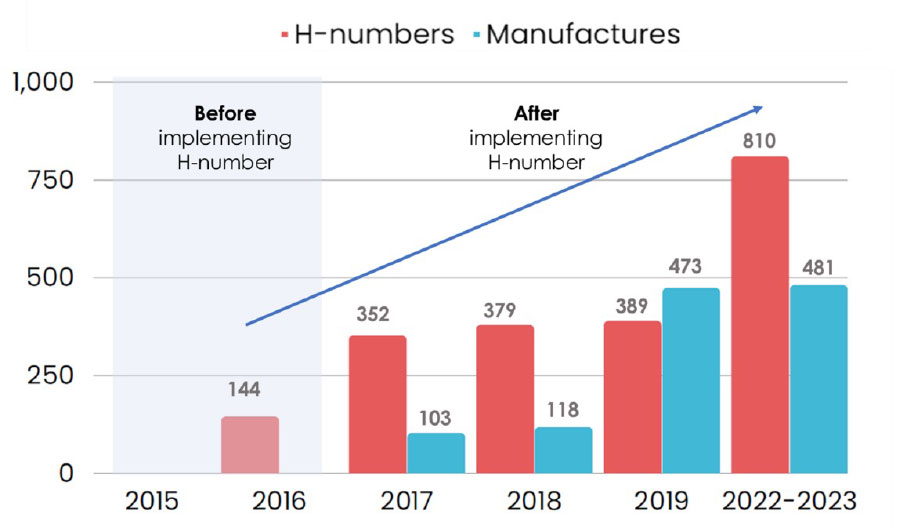
BY
The Halal Science Center, Chulalongkorn University
Related articles:
Related SDGs
Others

